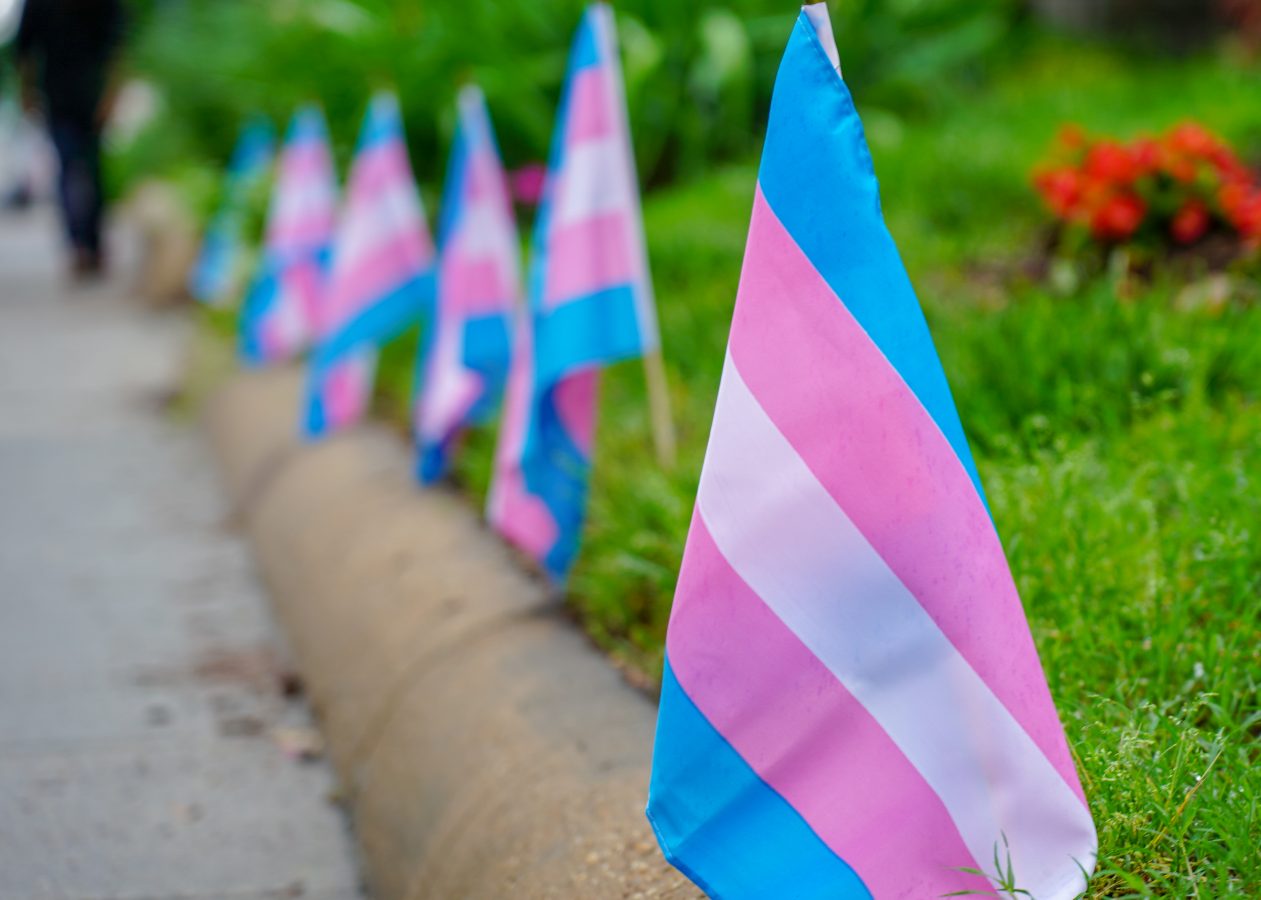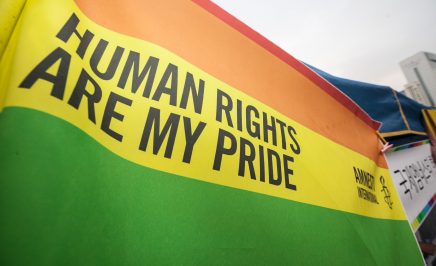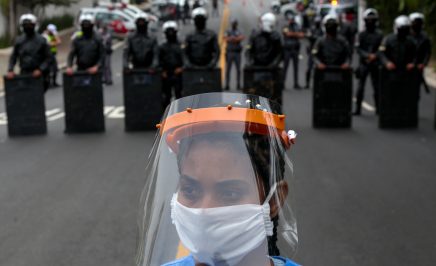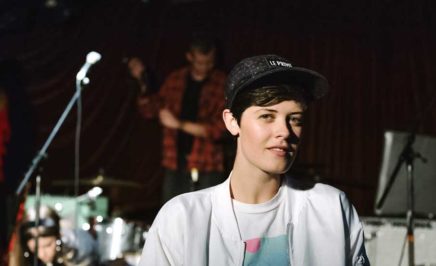There’s a kind of nerdy charm to the Census. Every five years people in Australia take very seriously the opportunity to be counted, to find out who the “average Australian” is, to find out how many people nominate Jedi as their religion.
It’s an essential function of the Australian Bureau of Statistics (ABS) to gather information about us all. It helps State and Federal governments plan for services and for us to understand better the demographic makeup of our cities, regions and remote areas.
But while there have been positive changes to the Census, there are still some glaring ways Australians aren’t being counted in next Tuesday’s Census.
The LGBTQIA+ community for example. There are no questions that encompass sexual orientation, gender diversity, or variations in sex characteristics.
The gender binary is reinforced constantly throughout society today, and particularly in education, so having data that shows the diversity in gender would provide concrete evidence as to why this language is harmful and go a long way to enabling people to express themselves fully and fearlessly.
The fact is that the erasure of these questions from the Census erases the experiences and needs of LGBTQIA+ Australians.
Hannah Wahlsten
It’s well documented that mental health is a significant issue in the LGBTQIA+ community and mental health issues occur at higher rates than the rest of the population.
Not being able to capture the rainbow community in the Census data has a real and profound effect on being able to access potentially life-saving services.
We need to feel safe with the health professional that we are with and know that we will be safe if we disclose who we are and that they will understand our specific needs
If the Census asked questions related to sexuality and gender identity, the need for mental health services, as well as other healthcare and social services, that specialise in, and are safe for, LGBTQIA+ experiences, would be legitimised with data as well as the innumerable personal experiences of LGBTQIA+ Australians, and could finally get the funding they deserve.
It’s not just services such as health and education that rely on Census data – government policy is also often informed by the data the ABS collects. And perhaps even more important than all of this, is the simple fact of visibility.
Let me paint you a picture. You’re young, and slowly realising that the cis/het mould doesn’t fit you right. Schools haven’t given you the support you need to explore this identity and find the vocabulary you’re looking for, and so you’re going at it alone with the aid of your most trustworthy friend: the internet. After Googling, questioning, and Googling some more, you’re feeling like you might have found a label and a community that feels like home. So you Google that, and rather than a Buzzfeed quiz or anonymous blog, you find an ABS website telling you how many people in Australia are just like you.
It’s broken down by state and you see that you’re really not alone. This vague, anonymous, online community is now so much closer. What you’ve been feeling is real and alive, and it’s been around you all this time. You are counted. When someone questions you, you have a wealth of official data to point to, data which says that we’re all around you, all of you. We’re here and we’re queer and we’re real. That’s what the Census could say, if only we were asked.
If we could break this data down by electorate, people in rural communities in particular would be able to see that they are not the only ones in their region who identify this way, which would help to diminish feelings of isolation. It would also legitimise the need for additional LGBTQIA+ friendly services in small regional towns.
Someone you know is a member of the LGBTQIA+ community and is or will be affected by this. You may not know who they are, yet, but I’m pretty confident you have a family member, friend, workmate, or gym buddy who has a rainbow identity, and right now they aren’t being counted. They are being told that a big part of their identity, which undoubtedly impacts how they experience the world, is irrelevant, and non-existent. Currently, people you know are in the statistical closet, and they can’t get out unless you join us in telling our Government to #CountUsIn2021.
Hannah Wahlsten is a West Australian-based activist and part of Amnesty International Australia’s Rainbow Network







